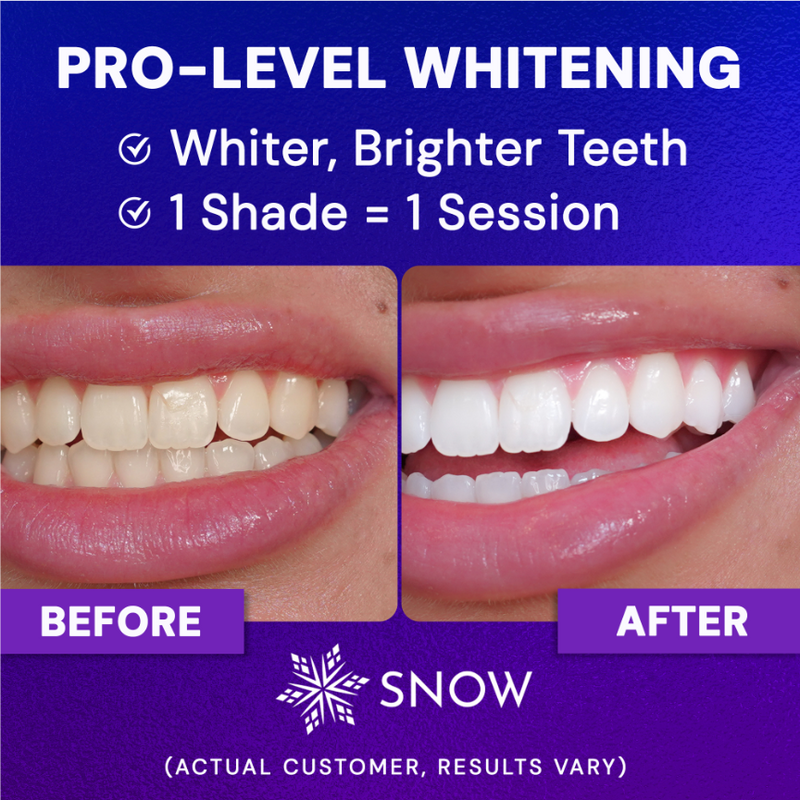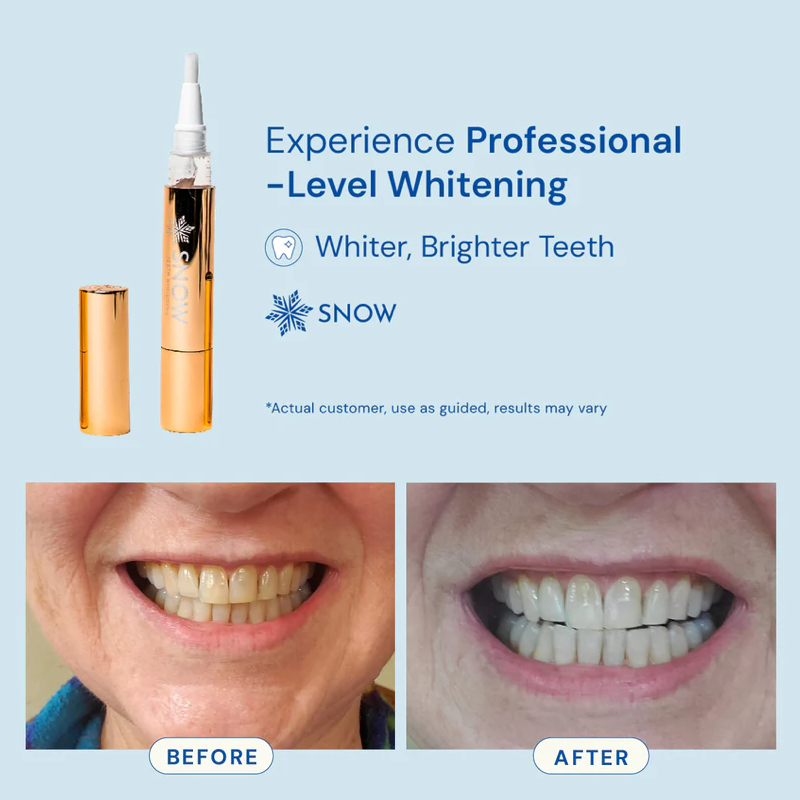Veneers are one of the most popular cosmetic dentistry treatments used to create that perfect “Hollywood smile.” Dental veneers can correct many aesthetic imperfections, including chips, discoloration, and gaps between the teeth. Additionally, they have high success rates and stellar patient reviews.
Despite their popularity, many people are still unsure how veneers work. For example, some patients know that prepping natural teeth is required for most veneers, but what exactly does that entail? And, does that mean dental veneers are permanent?
In this article, we’ll explain everything you need to know about getting veneers and how to decide if they’re right for you.
What are dental veneers?
Dental veneers are custom-made shells that are bonded to the front surfaces of natural teeth to give them a straighter, brighter appearance. Specialized dental technicians use high-quality materials to create veneers that perfectly fit a patient’s smile and blend seamlessly with their natural teeth.
A very thin layer of enamel is removed to begin the treatment process and make room for the veneer. Many people liken this prep work to that required for dental crowns. However, they are different from veneers in one significant way – dental crowns are usually used to cover and restore teeth due to decay or fracture, while veneers are only placed for aesthetic reasons. Consequently, veneers are most often used to conceal cracks, stains, chips, or other cosmetic flaws.

Types of dental veneers
Veneer technology has evolved rapidly over the years, with laboratory technicians now capable of creating specialized restorations. Today, veneers are custom-made for each patient’s unique teeth and bite, offering an ideal fit and natural look.
Veneers are typically offered in two types – composite resin and porcelain.
Composite resin veneers
Composite resin veneers, also known as same-day veneers, are a temporary option used to conceal mild cosmetic issues, like small chips or spaces between the teeth.
Composite veneers are cheaper than their porcelain counterparts and require little to no prep work on the natural teeth. However, they are not a permanent option. Rather, composite veneers typically last only a few years before needing to be replaced.
Dentists typically make composite veneers with tooth-colored composite resin – the same material used for dental fillings. First, they craft the resin into a preselected shape to fit the natural tooth. Then, they bond them to the tooth, creating a temporary fix until the patient decides on a more permanent option.
Porcelain veneers
Porcelain or traditional veneers are thin ceramic shells that are bonded to natural teeth. They are custom-made to fit the natural tooth’s shape perfectly and can address a number of cosmetic imperfections. Porcelain veneers are also stain-resistant and very durable. That said, they are a much more costly treatment compared to composite veneers.
Getting porcelain veneers is relatively simple, but two or more dental visits are usually required. First, a dentist will prepare the tooth by removing a very thin layer of enamel and roughening the tooth surface. This process is essential to ensure the new veneer will fit properly and stay in place.
Next, they’ll take impressions of the teeth and choose the right color and shape to match the natural teeth. Finally, the specifications will be sent to a specialized dental lab to produce the custom veneer.
The production process typically takes 1-2 weeks. In the meantime, patients are given temporary veneers to wear until their next appointment. On the final visit, the temporary veneers are removed, and the new, permanent veneers are bonded into place using dental cement.
Who is a good candidate for veneers?
Porcelain veneers are ideal for people who have excessively chipped, misshapen, cracked, or stained teeth. They are also excellent for anyone who wants to achieve a celebrity-esque smile. The most common reasons why people get veneers are to correct the following:
- Diastema (spaces or gaps between the teeth)
- Stains that don’t improve with teeth whitening
- Teeth that are tooth small
- Severely misshapen teeth
- Chipped or broken teeth
Most importantly, veneers are only an option for patients in good oral health, without cavities or gum disease. If you have serious dental issues, they must be addressed before exploring any cosmetic treatments.
Are porcelain veneers permanent?
Porcelain veneers are a highly durable cosmetic treatment meant to last the rest of your life, but they could eventually require replacement. On average, traditional veneers last between 10 and 20 years with proper care. Consequently, they typically aren’t considered “permanent.” However, the procedure is irreversible because of the required prep work on the natural teeth.
Can you remove veneers and go back to natural teeth?
Although veneers can be replaced if they break or loosen, they should not be removed once they’ve been set in place. This is because the prep work required for porcelain veneers leaves the natural tooth enamel weaker and more susceptible to decay. Thus, in addition to providing a cosmetic result, the veneer protects the newly shaped tooth.
Additionally, once enamel is filed away, it will not grow back. So, if one of the veneers ever wears out, loosens, or breaks, it will need to be replaced. Similarly, composite veneers, while less durable than porcelain, still must be removed by a dental professional.
Caring for dental veneers
Implementing a good oral hygiene routine is the best way to ensure your veneers stay in great shape. It may be tempting to believe that getting veneers means you no longer have to worry about your natural teeth. However, it is still crucial to maintain the health of your teeth and gums.
Veneers don’t actively damage natural tooth enamel, but it’s still possible for the natural tooth structure underneath to decay. One simple tip to remember is to care for your veneers just as you’d care for your regular teeth, but a little gentler. Other basic recommendations are to:
- Brush at least twice daily with a fluoride toothpaste and a soft-bristled toothbrush
- Floss at least once daily, making sure to go beneath the gum line
- Avoid whitening products, which can scratch veneers
- Never use your teeth as a tool or to open packaging
- Use a nightguard if you grind or clench your teeth
- Visit the dentist for routine cleanings and exams
- Use an antibacterial mouthwash twice daily
- Avoid chewing hard foods like ice
Summary
Veneers are thin shells applied over the outer surface of natural teeth to improve their color, shape, and overall appearance. The two major types of veneers, porcelain and composite resin, are both popular and effective, but there are key differences.
Traditional porcelain veneers are an excellent way to enhance your smile instantly. However, they require some prep work on the natural tooth. Before placing the veneers, dentists must remove a thin layer of enamel from the tooth to make room and create a perfect fit. This process is irreversible, so once porcelain veneers have been bonded onto the teeth, they should not be removed.
Composite resin veneers, also known as same-day veneers, require no prep work and only take one dental visit to place. Composite veneers are made using the same dental material used for fillings and are a much cheaper but more temporary option. For some context, composite veneers typically only last a few years, while porcelain veneers can last up to 10 or more.
Whatever type of veneer you choose, practicing good oral hygiene is key to keeping them in good condition and protecting your natural teeth. Most importantly, brush and floss at least twice daily and stay on top of your regular dental cleanings to keep your smile healthy and bright.
FAQs
How long do permanent veneers last?
Composite veneers typically only last a few years before needing to be replaced. However, porcelain veneers can last up to 10 or 20 years with proper care.
Do veneers decay your teeth?
Veneers do not actively decay your teeth. However, they don’t protect them either. Therefore, it is still essential to practice good oral hygiene to defend your natural teeth and gums from decay and infection.
How much is a full set of veneers?
The average cost of composite veneers is about $250 to $1000 per tooth. In contrast, porcelain veneers typically cost $1,000 to $2,500 per tooth. So, for the average patient, a full set of veneers costs anywhere from a few thousand to $20,000.
Do your teeth grow back after veneers?
The process of removing enamel to prep for porcelain veneers is irreversible – your teeth will not grow back after getting or removing veneers.





































































